Scoliosis – Symptoms, Diagnosis and Treatment
Normally spine of a person is straight when you see it from the back. The abnormal Curvature of the spine is spine deformity. The spine of a person with scoliosis looks more like an “S” or a “C” than a straight line. It means there is an abnormal, sideways curvature or bend of the spine.
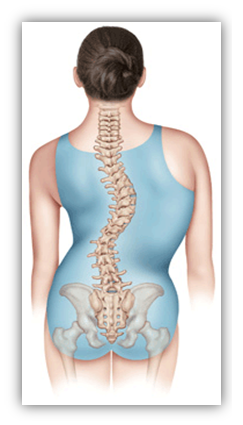
Scoliosis kids prevalence is 0.47–5.2 % in general population. The female to male kids ratio ranges from 1.5:1 to 3:1 which clearly indicates that the female children are affected more. Scoliosis/ abnormal spine curve progression is accelerated during the time of menarche.
In most of the 1st and 2nd world countries, parents know about scoliosis and the importance of early identification among their kids. In our country it’s still an underdiagnosed condition.
Consequences of scoliosis are breathing problems rarely cardiac problems, back pain, cosmetic deformity, and psychosocial impact.
Because of the lack of awareness, people get it diagnosed very delayed/ leave it undiagnosed until the adult age group; which results in bad treatment outcomes.
Causes of scoliosis are manifold. Some children are born with it (Congenital scoliosis)

While others develop the condition during the growth phase. But the most commonly registered trait of scoliosis is known as adolescent idiopathic scoliosis, as the name implies the reason for this kind is unknown and the second common one is congenital.
As I mentioned earlier, timing of treatment is the most important factor in scoliosis treatment.
Very often we meet patients with complex scoliosis who had been denied treatment by doctors, who had advised them to wait until the growth of the spine is completed. This is an absolutely wrong concept. Treatment should be started whenever it is detected. Scoliosis can be best treated when the bones are pliable and amenable to correction of the deformity.
Purpose of treatment is to reduce the risk of lung disease, early onset of back/ neck pain problems and to extend the lifespan of those individuals (Minimum 8-10 years).Cosmetic comes at last.
It’s very simple to identify a scoliotic kid. When we see scoliosis kid from back,
- Kids will have uneven/ crooked shoulders (one is higher than the other).
- Head won’t be placed in the center of the body, it will be tilted to one side.
- One of their hips is higher than the other.
- When they stand relaxed arm to trunk gap is higher on one side comparing to the other.
- Their posterior chest/ rib cage will appear uneven with a posterior chest/ rib hump.
Scoliosis identification/diagnosis is difficult in our society because of our traditional outfits. That also increases the necessity to educate our population.
Thus, I would like to make people understand and create awareness about scoliosis and the recent advances in treatment options. Kindly consider and support me to do the same in our society.
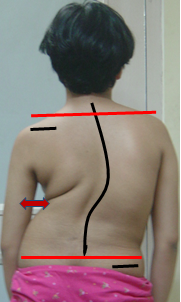
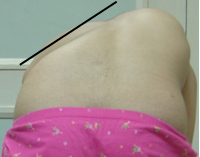
Dr. Vignesh Pushparaj MBBS.,D Ortho., AO FISS, FISS(Netherland & USA)
Consultant Spine Surgeon

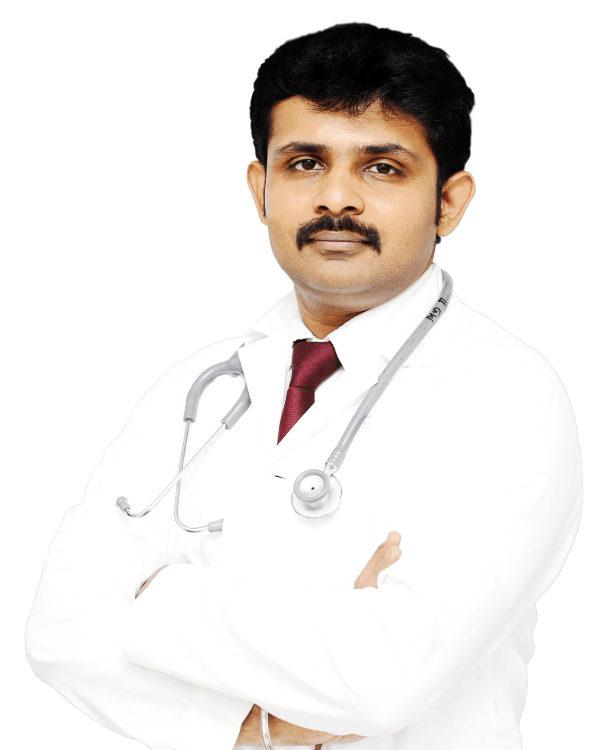

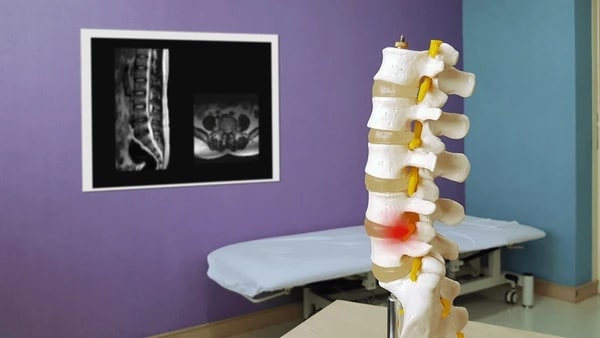


0 Comments